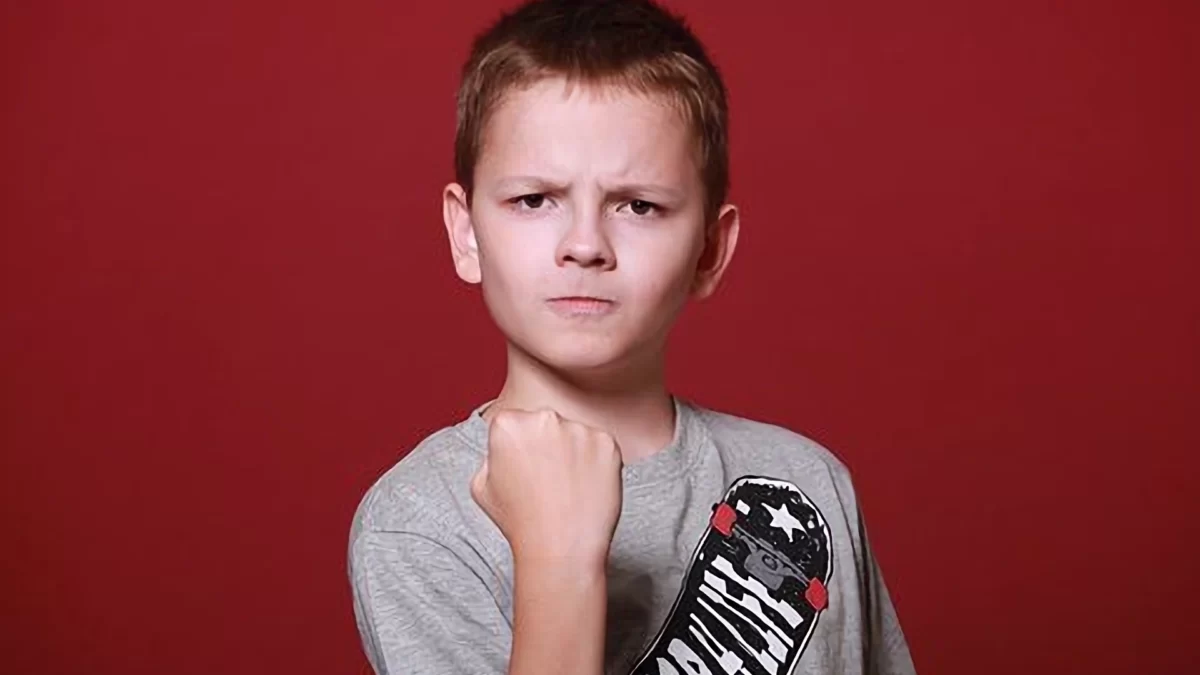Rebellion is a symptom of identity, maturity and independence reaffirmation processes, which means healthy development in boys and girls, but when they become extreme, attention must be paid as it could be Oppositional Defiant Disorder.
Throughout the development of the child, it is normal that at certain stages he shows a certain degree of rebellion and challenging and oppositional behaviors. They are normal behaviors, inherent to the evolutionary process and necessary for the construction of their identity, maturity and independence and the consequent healthy development.
But when this rebellious attitude and the behaviors that accompany it become extreme, intense and persistent, we may be facing a more complicated problem. Oppositional Defiant Disorder.
It is important to know and diagnose this disorder in order to develop the relevant strategies that allow us to handle the rebelliousness of the child or adolescent.
The DSM-IV-TR (Diagnostic and Statistical Manual) (APA, 2000) defines Oppositional Defiant Disorder (ODD) as "a recurring pattern of negativistic, defiant, disobedient, and hostile behavior toward authority figures that is maintained for at least least for six months.”
It is a type of behavior disorder that must be treated before it triggers more serious problems such as conduct disorder.

C.Characteristics of the Diagnosis of Oppositional Defiant Disorder
The diagnostic and statistical manual of the American Psychiatric Association, the DSM-I-TR, establishes the following criteria for the diagnosis of Oppositional Defiant Disorder:
A pattern of oppositional, hostile, and defiant behavior that lasts for at least six months and in which four or more of the following behaviors are present:
- He gets angry and bursts into tantrums
- discuss with adults
- Actively defies adults or refuses to comply with their demands
- Deliberately annoys other people
- Accuse others of their mistakes or bad behavior
- Is touchy or easily annoyed by others
- angry and resentful
- Spiteful and vengeful.
- Clinically significant impairment in social, academic, or occupational functioning.
- The behaviors do not occur exclusively during the course of a Psychotic Disorder or Mood Disorder.
- The criteria for Conduct Disorder are not met and, if the subject is 18 years of age or older, the criteria for Antisocial Personality Disorder are not met.
C.Causes of Oppositional Defiant Disorder
Oppositional Defiant Disorder does not have a clear and specific cause. It is estimated that there are multiple causes whose concurrence predisposes to suffer from the disorder. It is considered that it can originate from the combination of biological, psychological and social factors.
Certain circumstances can predispose to suffering from the disorder, such as an environment of social exclusion, learning hostile attitudes, lack of authority and discipline in education, use of negative reinforcement, etc. It is common to find the disorder in children with ADD.
10 Guidelines for treating conduct disorder
- Go to a specialist who makes a clear diagnosis and establishes the bases of treatment according to the characteristics and needs of the child.
- Establish a list of standards and rules that you must adhere to. It is important that these rules are established by consensus and understood and accepted by the child. As well as established before applying them. A good option is to write down the rules where you can see them and remind yourself from time to time.
- Define a list of appropriate behaviors. We will also do it by consensus and verifying that the child understands the appropriate behaviors.
- Reinforce appropriate behaviors in a positive way.
- Apply consequences to unwanted behaviors, it is not the same as punishing. But if you do not comply with the agreement, you will not get the benefits either and you will have to take responsibility for the possible damage you have caused.
- Try using techniques such as the token economy, behavioral pacts and contracts, etc.
- Stay calm, and apply empathy, don't take their challenges or rebellious attacks personally, don't blame yourself for it either. Understand that they are part of a learned response.
- Avoid getting into a power struggle, instead try to offer the child options, and communicate with him assertively (without attacking him).
- Develop their emotional intelligence and teach them to express aggression and negative emotions in a more constructive way.
- Set an example and respond with respect and education.
Information of Educate and learn
